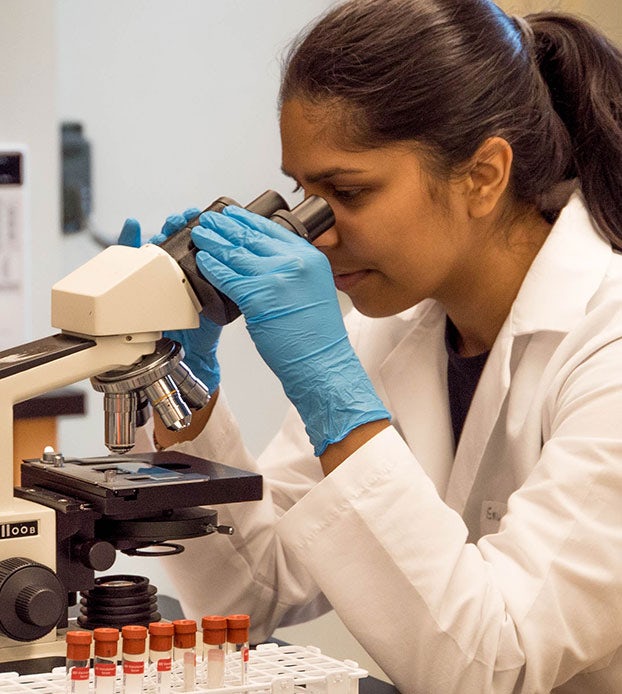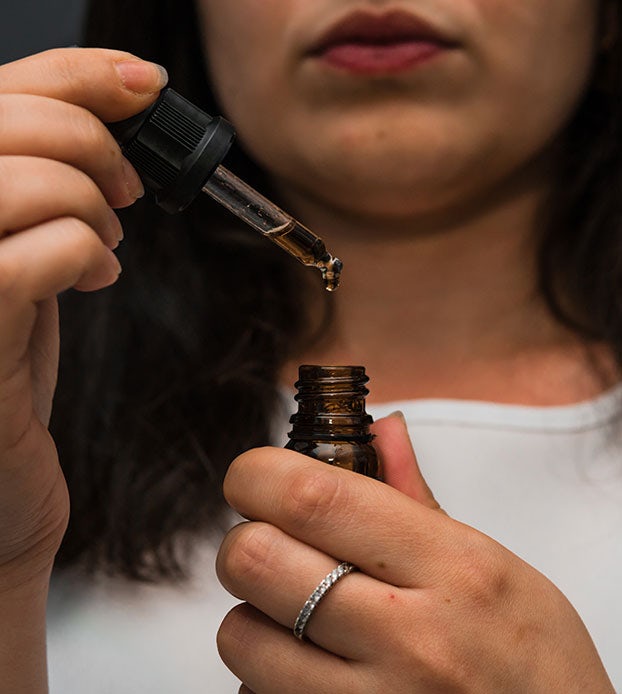This article was originally published on Analytical Cannabis and appears here with permission.
In a new survey of German patients with Parkinson’s disease, 8% of patients reported using cannabis products. Of these consumers, over half said the drug had a beneficial clinical effect on their condition.
However, the survey also revealed that, among the Parkinson’s disease patients, there was a noticeable knowledge gap concerning the different methods of consumption available and the individual effects of THC and CBD.
In light of these results, the researchers behind the survey say that physicians should pay special consideration to these aspects when advising patients on their medical cannabis treatment options.
Parkinson’s disease and cannabis
As medicinal cannabis treatments are now legal in many parts of the world, naturally, there is a growing interest in whether the products can treat neurological conditions like Parkinson’s disease.
In Germany, patients with Parkinson’s can already be prescribed medical cannabis products containing THC, provided that they have not responded well to other treatment and where the effects of cannabis use would be expected to relieve a particular disabling symptom. Patients can also access CBD products without a prescription through local pharmacies.
“Medical cannabis was legally approved in Germany in 2017 when approval was given for therapy-resistant symptoms in severely affected patients independent of diagnosis and without clinical evidence-based data,” lead investigator Professor Carsten Buhmann of the University Medical Center Hamburg-Eppendorf explained in a statement.
“[Parkinson’s disease (PD)] patients fulfilling these criteria are entitled to be prescribed medical cannabis, but there are few data about which type of cannabinoid and which route of administration might be promising for which PD patient, and which symptoms. We also lack information about the extent to which the PD community is informed about medicinal cannabis and whether they have tried cannabis and, if so, with what result.”
Interest among patients is high, but knowledge is limited
To assess patient perceptions of medicinal cannabis treatments and evaluate the experiences of those already using the products, Buhmann and his colleagues conducted a nationwide, cross-sectional, questionnaire-based survey of members of the German Parkinson Association.
Over 1,300 completed questionnaires were analyzed. The overall results indicated that interest in medical cannabis treatment is high among patients, but general knowledge about the different available product types is limited.
“Our data confirm that PD patients have a high interest in treatment with medicinal cannabis but lacked knowledge about how to take it and especially the differences between the two main cannabinoids, THC and CBD,” said Buhmann.
Fifty-one percent of the respondents to the questionnaire indicated that they knew of the legality of medical cannabis. More than 8 percent of those surveyed also reported already using cannabinoids, with 54 percent noting a beneficial clinical effect. Over 40 percent reported reductions in muscle stiffness, freezing, tremor, depression, anxiety, and restless legs. The patients using cannabis tended to be younger, live in large cities, and generally be more aware of the legal and clinical aspects of cannabis.
Notably, 61% of non-users reported that they were interested in using medical cannabis, but a lack of knowledge about cannabis products and a general fear of adverse side effects were given as the main reasons for having not yet tried it.
“Physicians should consider these aspects when advising their patients about treatment with medicinal cannabis. The data reported here may help physicians decide which patients could benefit, which symptoms could be addressed, and which type of cannabinoid and route of administration might be suitable,” Buhmann advises.
The effectiveness of cannabis for Parkinson’s disease
Cannabis for Parkinson’s disease is still very much a developing area of research, with no real consensus on how effective cannabis products might be at treating the main symptoms of tremor and stiffness.
Previous studies have suggested cannabis to be generally well-tolerated in Parkinson’s disease patients. But other than a possible benefit in controlling tics, studies have broadly been inconclusive or have indicated “probably no benefit” in handling other major symptoms.
Still, research is ongoing. In 2019, Parkinson’s UK announced the launch of a major £1.2 million clinical trial investigating the effects of CBD on hallucinations and delusions related to the disease.
With such a mixed body of scientific literature, it is particularly striking that more than 50% of cannabis users in this survey reported noticeable clinical benefits, as well as generally very good tolerability.
“Cannabis intake might be related to a placebo effect because of high patient expectations and conditioning, but even that can be considered as a therapeutic effect,” Buhmann notes. “It has to be stressed, though, that our findings are based on subjective patient reports and that clinically appropriate studies are urgently needed.”
Bastiaan Bloem, co-editor-in-chief of the Journal of Parkinson’s Disease, also added that “these findings are interesting in that they confirm a widespread interest among patients in the use of cannabis as a potential treatment for people living with PD.”
“It is important to emphasize that more research is needed before cannabis can be prescribed as a treatment, and that guidelines currently recommend against the use of cannabis, even as self-medication, because the efficacy is not well established, and because there are safety concerns (adverse effects include among others sedation and hallucinations). As such, the present paper mainly serves to emphasize the need for carefully controlled clinical trials to further establish both the efficacy and safety of cannabis treatment.”
Sign up for bi-weekly updates, packed full of cannabis education, recipes, and tips. Your inbox will love it.

 Shop
Shop Support
Support
















